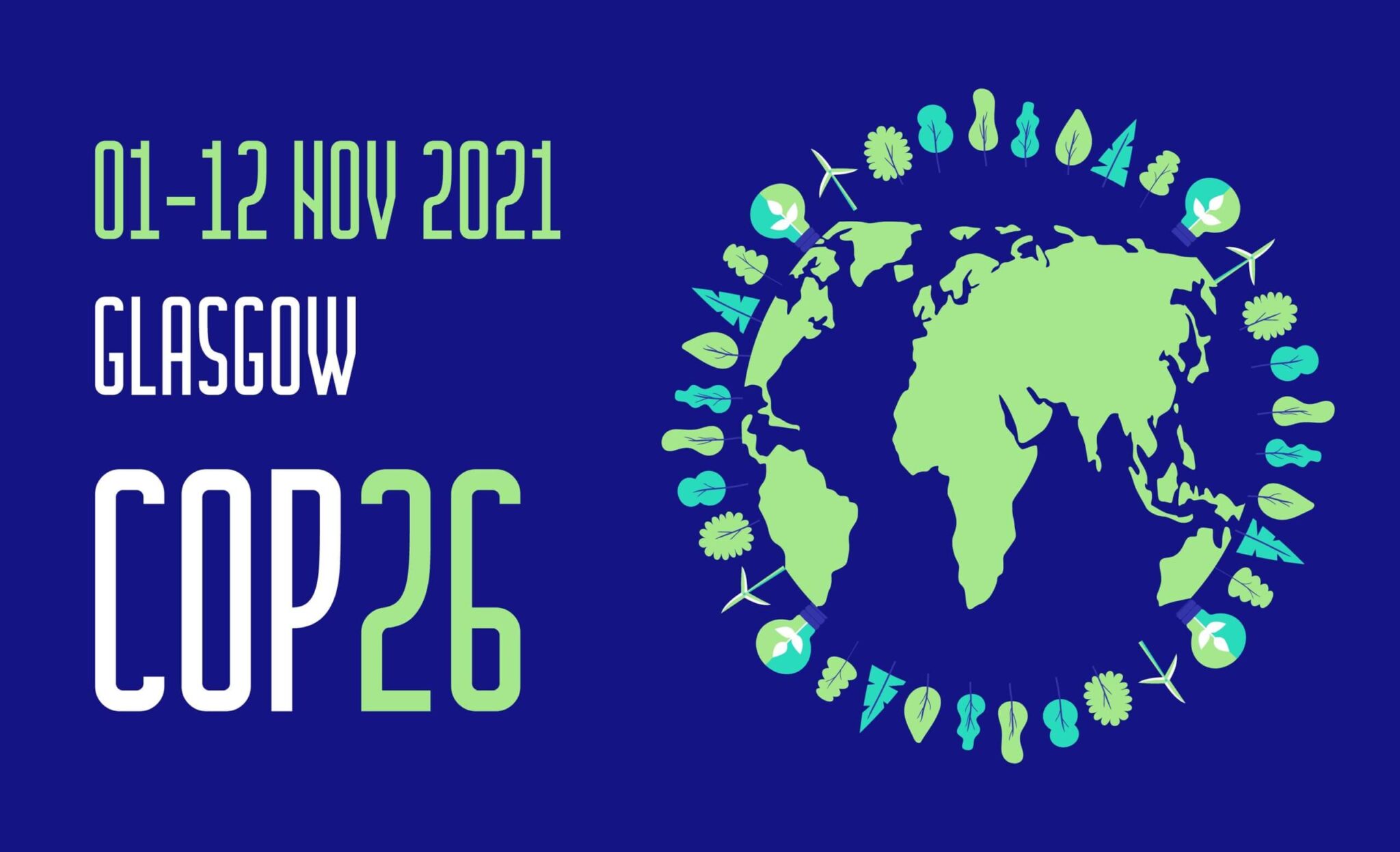If the promises of the participants in the Glasgow conference come true, the atmosphere will warm another 1.9 degrees, much more than the original goal, but even that is doubtful, because there are still leaders who do not understand the meaning of the crisis
By: Wesley Morgan, Research Fellow, Griffith Asia Institute and Climate Council Research Fellow, Griffith University

The first week of the UN climate talks in Glasgow has ended. While there is still a way to go, the progress so far gives some hope that the Paris climate agreement signed six years ago is working.
Major powers have made significant commitments to reduce emissions in this decade and pledged to work towards net zero emissions. New coalitions were also announced to reduce the carbon of sectors in the global economy. These include an end to coal-fired electricity generation, pledges to reduce global methane emissions, an end to deforestation and plans to move to net zero emissions.
The two-week summit, known as COP26, is a critical test of global cooperation to deal with the climate crisis. According to the Paris Agreement, countries are required, every five years, to produce more ambitious national plans to reduce emissions. New programs were supposed to arrive this year, one year late due to the COVID pandemic.
Promises made at the summit so far may begin to bend the global emissions curve downward. Credible forecasts by a panel of experts, including Professor Malta Meinshausen from the University of Melbourne, indicate that if new pledges are fully funded and kept, global warming could be limited to 1.9℃ this century. The International Energy Agency reached a similar conclusion.
This is real progress. But the Earth system responds to what we put into the atmosphere, not to the promises made at the summits. Thus, the promises need to be backed up by money, and the required policies and actions across energy and land use.
There also remains a significant ambition gap in reducing emissions, and more climate action is needed this decade to avoid catastrophic warming. Achieving emissions reductions by 2030 will be a major focus of the second week of the Glasgow talks, especially as global emissions are expected to rebound in 2021 (after last year's drop caused by COVID-19).
On the other hand, Australia, the only one among the advanced economies, contributed almost nothing to the global efforts in Glasgow and did not set a new goal for reducing emissions in this decade. If anything, this week added to Australia's reputation as a member of a small and isolated group of countries such as Saudi Arabia and Russia that oppose climate action.
Two graphs showing progress towards global temperature targets, based on national pledges before the COP26 summit, left, and on November 3.
Global Momentum: What did major powers bring to Glasgow?
Since the last UN climate summit we have seen a global surge in momentum towards climate action. More than 100 countries – accounting for more than two-thirds of the global economy – have set firm dates for achieving net zero emissions.
Perhaps more importantly, in the run-up to the Glasgow summit, the world's advanced economies – including the United States, the United Kingdom, the European Union, Japan, Canada, South Korea and New Zealand – all strengthened their 2030 targets. The G7 group of nations pledged to halve their collective emissions by 2030.
Major economies in the developing world also brought new commitments to COP26. China has pledged to achieve net zero emissions by 2060 and strengthened its targets for 2030. It now plans to peak emissions by the end of the decade.
This week India also pledged to achieve net zero by 2070 and increase the installation of renewable energy. By 2030, half of India's electricity will come from renewable sources.
The opening days of COP26 also saw a package of new announcements for decarbonizing sectors of the global economy. Britain has declared that the end of coal is on the horizon, as it launched a new global coalition to end coal power.
More than 100 countries have signed a new pledge to cut methane emissions by 30% by 2030. More than 120 countries have also pledged to end deforestation by 2030.
The US has also joined a coalition of countries that plan to achieve net zero emissions.
But the countries of the world failed to meet the goal of fulfilling a decade-old promise - to provide 100 billion dollars a year to help poor countries deal with the effects of the climate.
Fulfilling climate finance commitments will be extremely important to building confidence in the talks. On the other hand, Australia has pledged to provide an additional $500 million in climate finance to countries in Southeast Asia and the Pacific Ocean - a figure much lower than Australia's fair share of global efforts. Australia has also refused to rejoin the Green Climate Fund.
Missing the Moment: The Australian Way

While the rest of the world continues the race to a net zero emissions economy, Australia is barely off the stepping stones. Australia brought to Glasgow the same 2030 emissions target it took to Paris six years ago – even as key allies promised much stronger targets.
Prime Minister Scott Morrison arrived with few plans to accompany his last-minute announcement of net-0 by 2050. The strategy, titled "The Australian Way," which involved little more than being connected, failed to provide a credible path to that goal. He was ridiculed around the world.
On the way to Glasgow, at the G20 leaders' meeting in Rome, Australia blocked the global momentum to reduce emissions by resisting calls to end the use of coal. Australia also refused to sign the global methane pledge.
Even worse, Australia is using COP26 to actively promote fossil fuels. Federal Energy Minister Angus Taylor says the summit is an opportunity to promote investment in Australian gas projects, and Australian fossil fuel company Santos has been prominently branded in the venue's Australia Pavilion.
The federal government is promoting carbon capture and storage as a climate solution, even though the solution is widely seen as a license to extend the use of fossil fuels. The technology is also incredibly expensive and has yet to be proven on a large scale.
The first week in Glasgow delivered more climate action than the world promised in Paris six years ago. However, the summit results still fall well short of what is needed to limit warming to 1.5℃. Attention will now turn to negotiating an outcome that will further boost climate ambitions this decade.
Vulnerable countries proposed that countries not yet meeting improved 2030 targets would be required to return in 2022, well ahead of COP27, with stronger emissions reduction targets.
This week the United States joined the Coalition of High Ambitions, a group of countries from all the traditional negotiating blocs in the UN climate talks. Led by the Marshall Islands, the group was instrumental in securing the 2015 Paris Agreement.
In Glasgow, this coalition is pushing for an outcome that will keep the world on track to limit warming to 1.5℃.
But significant differences persist between the US and China. Many developing countries want to see more commitment to finance solutions to the climate crisis from rich countries before they commit to new goals. Is it possible to reach a consensus in Glasgow? We'll be following the negotiations closely next week to find out.

One response
A clean environment should be written in error-free Hebrew
Since fuel is a whole and therefore "fuels" Yok,
A project in Hebrew is a venture
That is why it was appropriate to write ventures and not "projects",